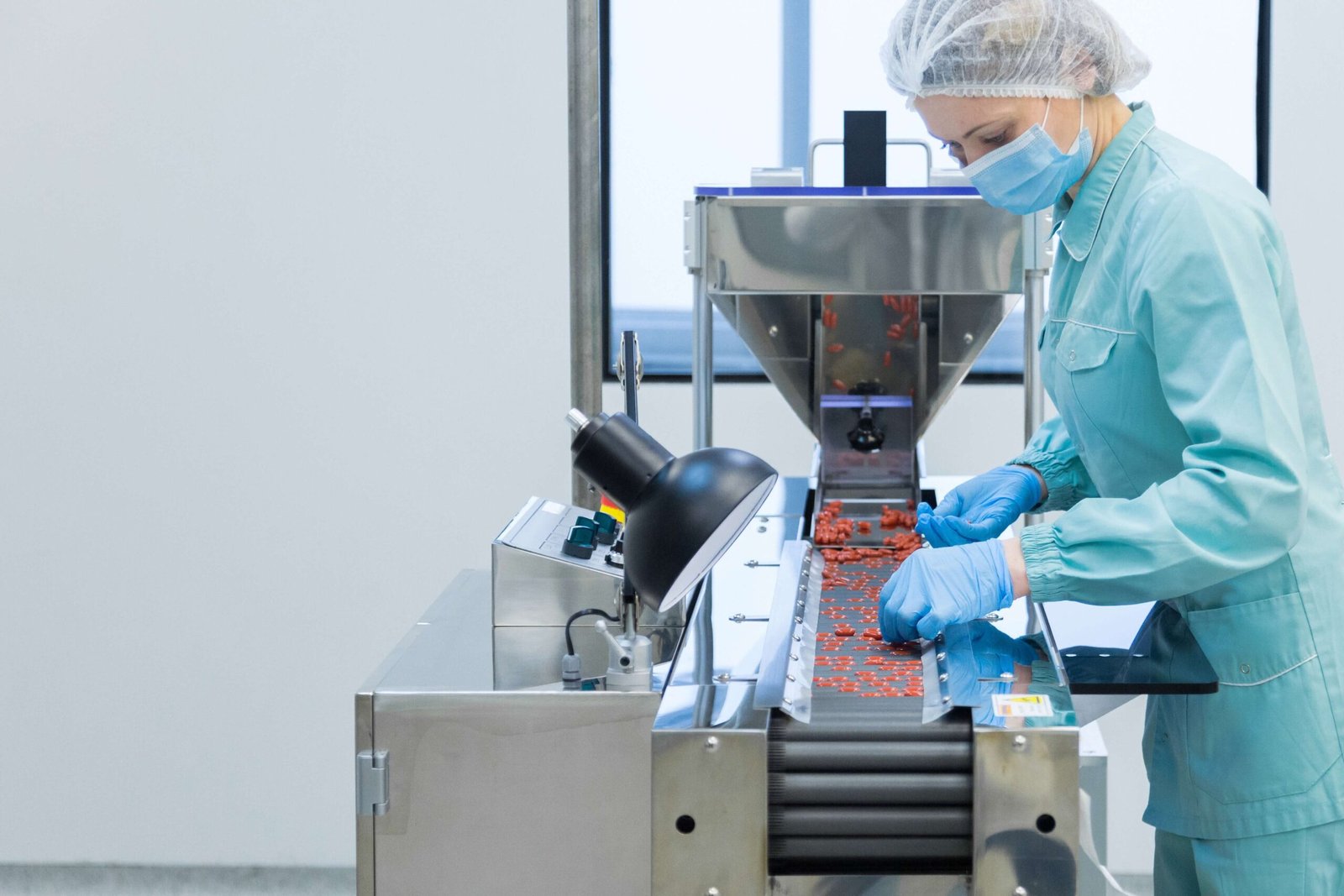Durable, hygienic and corrosion-resistant, stainless steel is the backbone of the food processing industry, offering unmatched advantages.
Here’s why food manufacturers rely on stainless steel for safe and efficient operations:
1. Corrosion resistance
Stainless steel’s natural resistance to corrosion makes it ideal for food processing environments where exposure to water, acids, and cleaning agents is constant. This material can withstand long-term contact with foods and liquids without rusting or degrading, ensuring product safety and extending equipment lifespan. It’s especially useful in acidic food production like pickling, dairy and sauces.
2. Hygiene and cleanability
Food safety is a top priority in the food processing industry, and stainless steel’s non-porous surface ensures that bacteria and contaminants do not get trapped. Its smooth finish makes it easy to clean, disinfect, and maintain sanitary conditions, which is critical for preventing foodborne illnesses. Additionally, stainless steel meets stringent health and safety standards set by global regulatory bodies.
3. Durability and strength
Stainless steel is incredibly strong and durable, capable of withstanding the rigors of daily industrial use. Equipment made from this material is less likely to suffer from dents, scratches, or damage from heavy loads, heat or harsh chemicals. This durability translates into lower maintenance costs and longer equipment life, making it a cost-effective option for food processors.
4. Heat resistance
Food processing often involves exposure to high temperatures, whether during cooking, sterilisation or pasteurisation. Stainless steel is highly resistant to heat, maintaining its structural integrity even under extreme conditions. This makes it a preferred material for ovens, boiling vats and other high-temperature applications where lesser materials would warp or break down.
5. Non-reactive nature
Stainless steel is non-reactive, meaning it doesn’t alter the taste, colour or chemical composition of food. This is especially important when handling delicate ingredients like dairy, wine or citrus products. Unlike other metals, stainless steel won’t impart unwanted flavours or compromise the quality of the food.
6. Sustainability
Stainless steel is fully recyclable, making it an eco-friendly option for the food processing industry. At the end of its life, stainless steel equipment can be melted down and reused, aligning with sustainability goals and reducing the environmental impact of industrial operations.
7. Versatility
From mixing tanks and conveyor systems to storage containers and cutting surfaces, stainless steel’s versatility allows it to be used across a wide range of food processing applications. Its availability in different grades and forms means that manufacturers can select the right type of stainless steel to meet specific processing needs.





